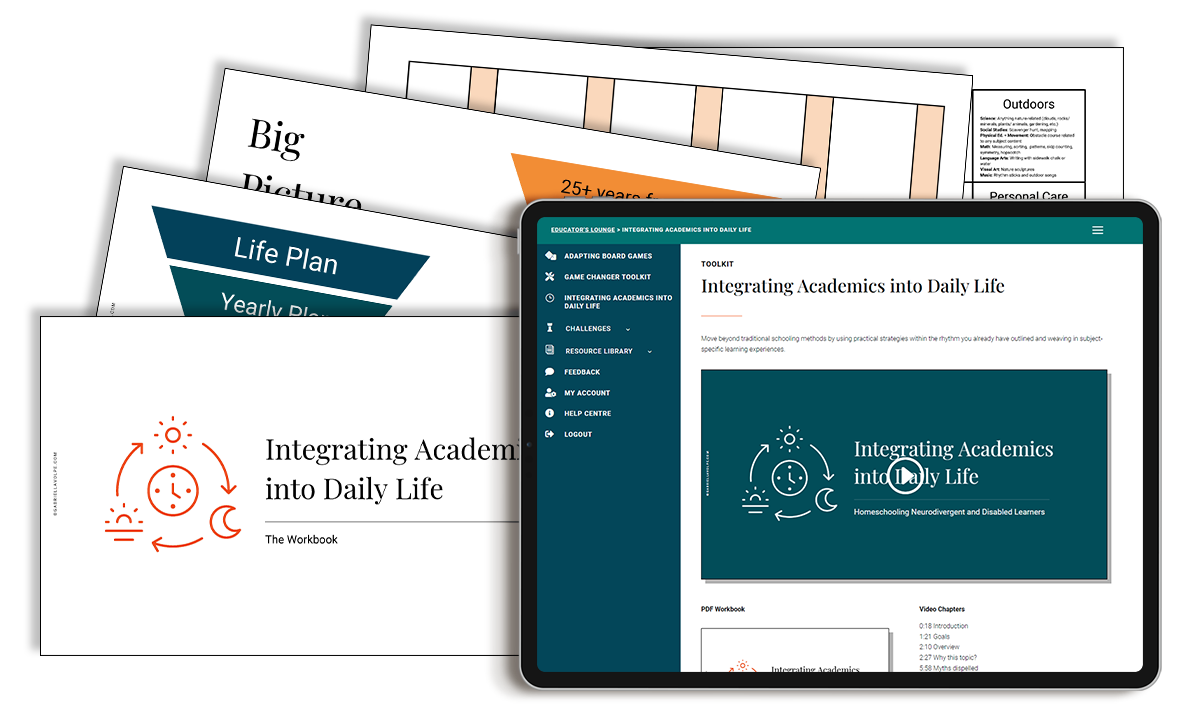I have internalized ableism, and deschooling is my rehab.⠀
⠀
As children, we grow up trusting that what adults tell us is right and good and true. We absorb what we hear and what we see. We accept it as fact.⠀
When things feel a little off, we learn to suppress those emotions. We don’t know to challenge our feelings, and when we do, we’re scolded. We learn that our resistance means we are wrong, or that something is wrong with us.
Adults often tell children what to think and say and how to behave, and children believe them.⠀
⠀
To fit in, we quickly memorize the script. We repeat what we hear. We say things without truly understanding our words.⠀
We conform because we don’t want to be ostracized. We also don’t want to be scolded.
Somewhere along the path to growing up, we learn that punishment is the consequence of defying adults.⠀
⠀
Over time, we silence our intuition so completely, we no longer hear it.⠀
Growing up, I heard the words of my parents, grandparents, aunts, and uncles. I watched the behavior of teachers and professionals. I noticed how adults spoke to one another, about one another, about friends and neighbors and strangers.⠀
I heard how they spoke of the “good” girl down the street. How they talked about the “sick” man across the street. The “handicapped” girl. The unfortunate lives of their parents.⠀
I heard them contemptuously talk about people of different cultures—even disparaging people from different regions within their own country of origin.⠀
⠀
I internalized all of it.⠀
⠀
I have been influenced by adults, by my education, and by the systems that raised and employed me.⠀
⠀
I acknowledge that ableism and racism run through my veins. I am on a path to deschooling as a form of rehabilitation. Deschooling is unlearning what has been ingrained in me. Rehabilitation is bringing myself to (or as close to) my natural state as possible. This isn’t a quick course—it’s a lifelong journey.⠀
⠀
Home educating is one disruptive tool I use in the process of unlearning.
Are you willing to deschool along with me?
Related Articles

Integrating Academics into Daily Life Workshop
Discover how to integrate academics into daily life. For homeschoolers of neurodivergent and disabled learners.

0 Comments